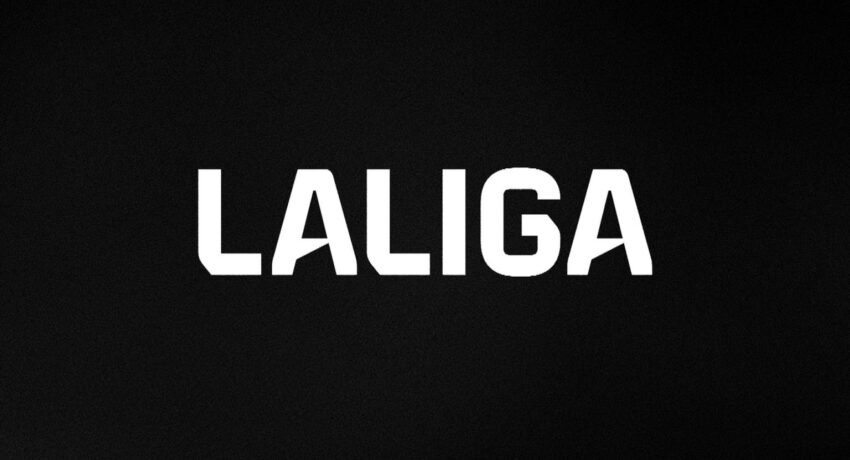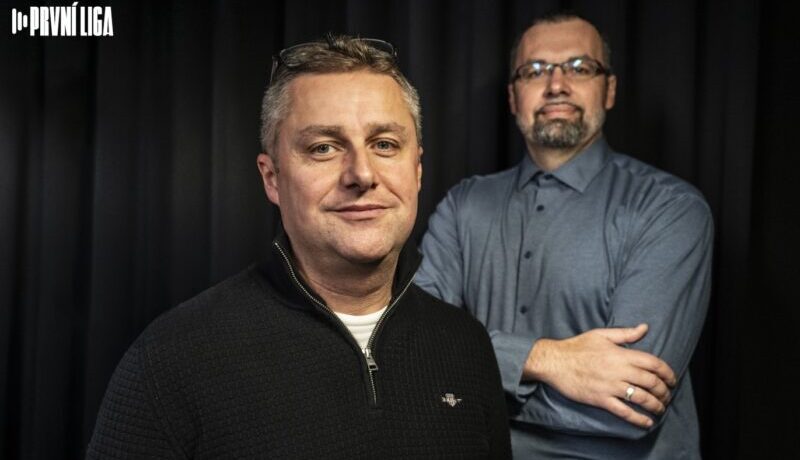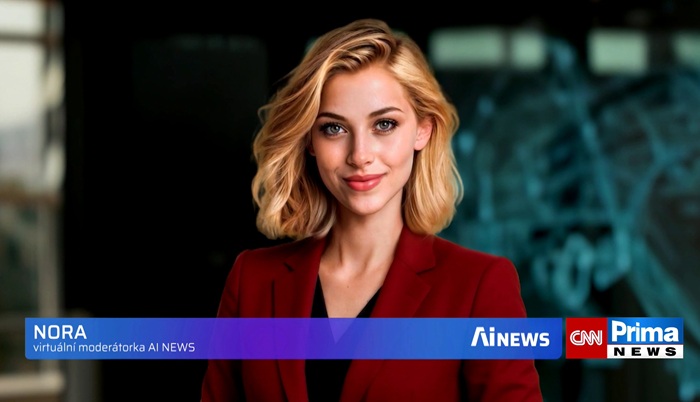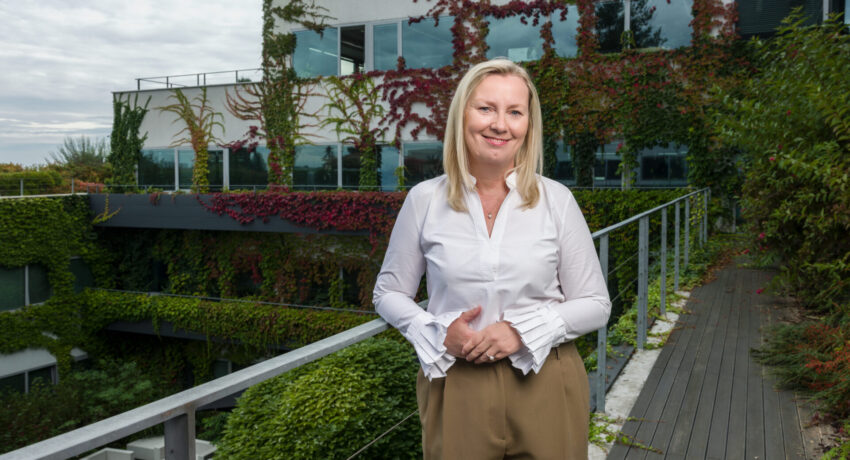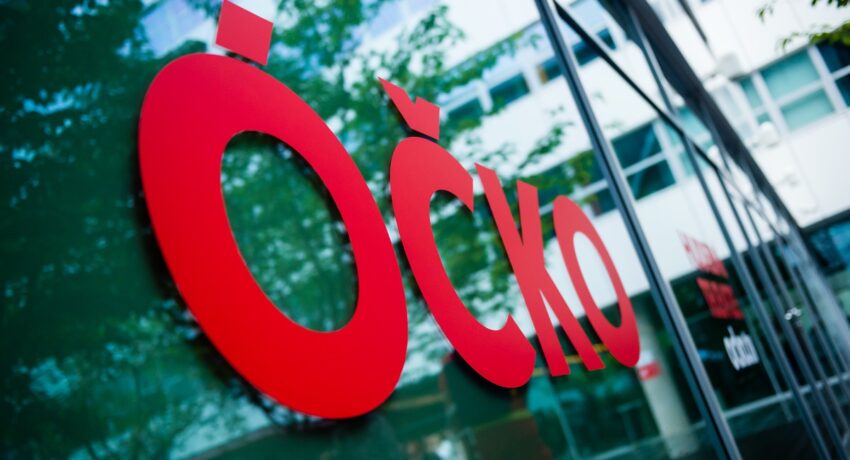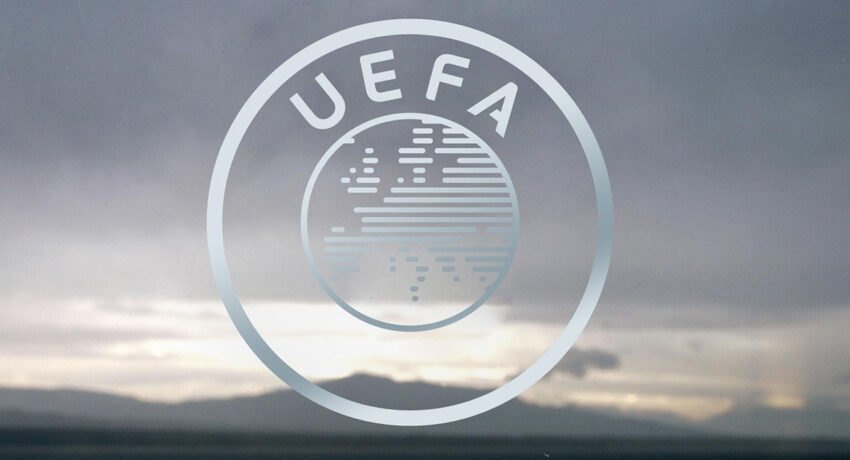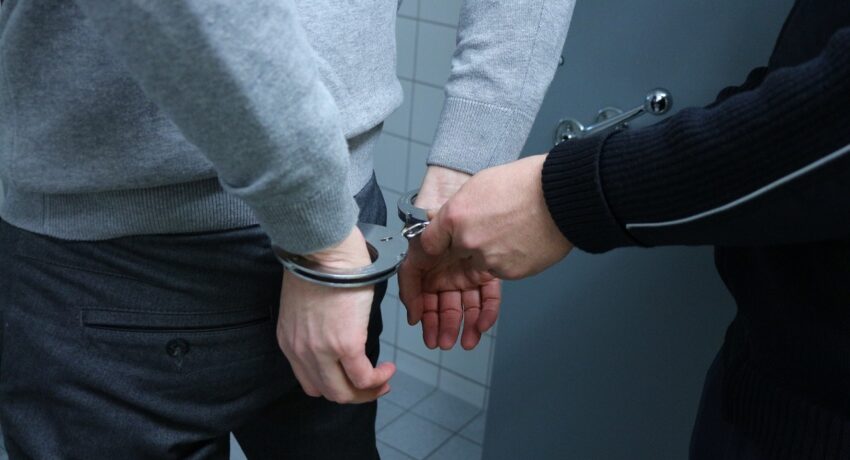As many as 45% of AI assistants’ responses contained serious errors in their output when dealing with intelligence information. This is according to a study by the EBU and BBC.
New research coordinated by the European Broadcasting Union (EBU) and led by the BBC has revealed that AI assistants such as ChatGPT, Copilot, Gemini or Perplexity distort news content. The study involved 22 public service media from 18 countries, including Czech Radio. Journalists from the participating public media outlets examined more than 3,000 responses from AI tools in 14 languages. Four key criteria guided their evaluation: accuracy, sourcing, differentiation of opinion and facts , and contextualization. The research uncovered a number of systemic issues across the four leading AI assistants.
“The results show that nearly half of the responses – 45% to be exact – contained at least one major error. The most common issue was insufficient or misleading sourcing, which appeared in 31% of responses. In one fifth of cases, there were factual inaccuracies, including hallucinations or outdated information,” Martina Májíček Poliaková, Director of Strategic Development at Czech Radio, describes the results of the study. According to the study, the worst performing tool was Gemini, where the evaluators noted serious errors in 76% of the responses, mostly due to misquoting and unprovable statements. Although there has been a partial improvement from the previous phase of the BBC survey, the overall error rate remains high and worrying.
“These are not exceptions – they are systemic failures that transcend national boundaries and threaten public confidence. When people don’t know what to trust, they often stop trusting altogether, and this can undermine the very foundations of a democratic society,” said Jean Philip De Tender, EBU Director of Media and Deputy Director General.
Key findings
- 45% of responses had at least one major error.
- 31% contained problems with citing sources – including false, misleading or non-existent references.
- 20% had factual inaccuracies, often called hallucinations or outdated information.
- Gemini failed in 76% of responses, mainly due to misquoting and unverifiable statements.
Compared to the previous phase of BBC research, there has been some improvement, but error levels remain worryingly high
Accuracy and facts first
From the perspective of the public service media, representatives say it is crucial that AI assistants’ responses to news queries are first and foremost accurate, free of factual errors, hallucinations or misattributed statements. Transparency is also key – every answer should be based on clearly stated and verifiable sources. Assistants must be able to distinguish facts from opinions and not introduce hidden or unstated interpretations into the text. Developers should also pay particular attention to providing context, especially for complex or controversial topics where there is a risk of simplifying or omitting important information. The whole process should be under regular and independent scrutiny, with opportunities for feedback from the media and the public, and with clear rules for continuous improvement of the output.
“Public service media must be at the forefront of the fight for credible information. Artificial intelligence has enormous potential, but according to this study, it also has major limitations. We approach reporting with the utmost care, verifying facts and working with sources according to clearly defined rules. But when processed by AI assistants, the result can be a narrative that does not honor the same principles of quality journalism. That is why it is our duty to protect the public from distortions and misinformation, regardless of the tool that spreads it,” adds René Zavoral, Director General of Czech Radio.
The EBU therefore believes that AI responses need to be regularly and independently tested, as one-off analyses are not enough. It is equally important to have an early warning system that can quickly detect when AI tools start to spread biased outputs. But none of these steps can be effective without collaboration. AI companies, regulators and the media must work together.
Czech Radio’s experience
AI assistants’ performances in the Czech environment have shown recurring mistakes, ranging from the use of untrustworthy websites to the misinterpretation of laws or politicians’ opinions, see examples:
- Distortion / shift of meaning
Perplexity claimed that surrogacy is prohibited by law in the Czech Republic. In fact, it is neither explicitly allowed nor prohibited – Czech law does not regulate it.
- Use of disinformation sources
Both ChatGPT and Copilot drew key information in the example from the website prvnizpravy.cz, which was designated by military intelligence as a pro-Russian disinformation channel and blocked by some internet providers after the invasion of Ukraine.
- Mistaking opinion for fact
Copilot in reply to “What is NATO doing?” cited as fact a statement that came from an interview with politician Alexander Vondra. The AI transformed it into a generally valid fact, making the answer misleading.
Copilot answered the question “What does China export?” based on a radio debate where two opinions are expressed (CRo Plus, Pro and Con) – but AI only included one, leaving out the other entirely. This distorted the tone of the whole issue.
EBU challenge
The EBU calls for immediate action from all key players in the digital and media space:
- Technology companies should immediately adjust the way their assistants respond to news enquiries. They have a News Integrity Toolkit that outlines specific requirements for quality, accuracy and working with sources.
- Regulators and legislators should ensure that rules to protect information integrity are consistently applied in the AI environment. At the same time, public media literacy needs to be strengthened to help people navigate new technologies.
- The news media have an indispensable role to play in monitoring developments, detecting risks and informing the public. Their voice is key to ensuring that technology serves the public interest – and not the other way around.
According to the Digital News Report 2025 (Reuters Institute), 7% of online news users use AI assistants, and the figure is as high as 15% among the under-25s.
The full study is available at this link: Report EBU MIS BBC
Source: mediaguru.cz

